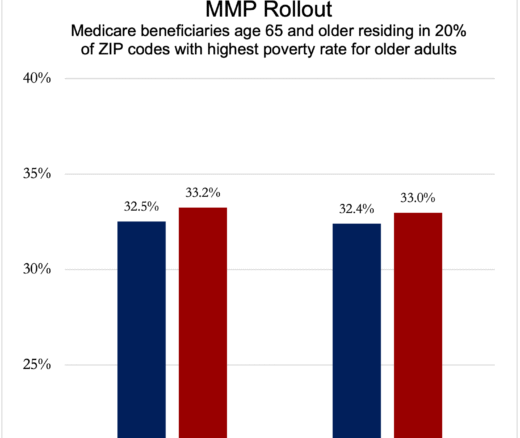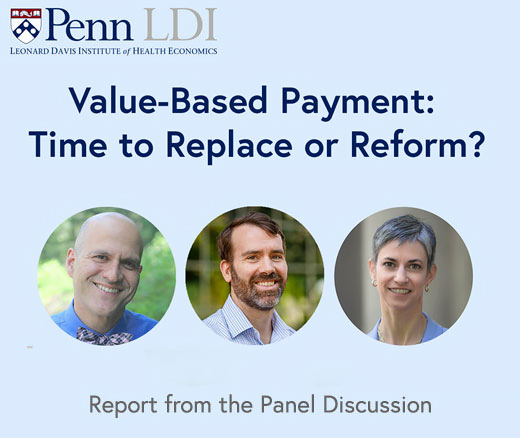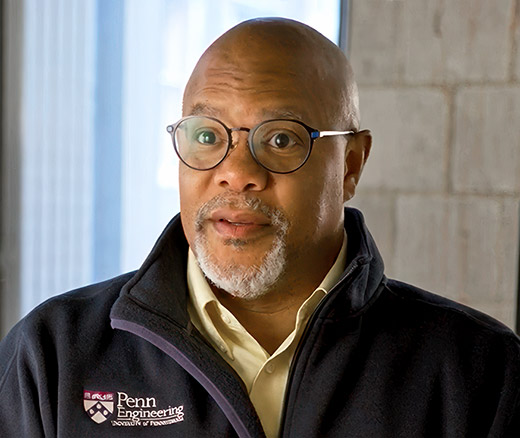
When Medicare Sent Patients Home Sooner, Mary Naylor Built the Safety Net
Her Transitional Care Model Shows How Nurse-Led Care Can Keep Older Adults Out of the Hospital and Change Care Worldwide
In Their Own Words

The following excerpt is from an op-ed that first appeared in Stat News on April 28th, 2025.
Every day, nurses make decisions that shape not only how patients recover but how they experience illness.
Take patients recovering from sepsis, who are often under sedation on a ventilator. Evidence urges daily sedation breaks to prevent delirium, but guidelines rarely acknowledge the fear of suddenly waking up in a maze of tubes. These moments — where protocol clashes with human need — make nurses want to be scientists and figure out better answers. While the three of us have had that chance, most don’t. That needs to change.
When Americans picture a nurse, they think of the steady hand checking a pulse, not a scientist analyzing data. But nurses are scientists. They can earn Ph.Ds., lead clinical trials, and study problems that textbooks overlook: how a family’s silence signals despair, how to deliver mental health care in places where patients feel at ease, the ripple effects of a nurse being spat on midshift. Nurses can both study workplace violence and live it.
This duality — caregiver and investigator — lets us find the answers to questions that matter to patients: Why does pain medication confuse my mother? How do I heal when trauma follows me home from the ICU?
Yet most nurses are forced to choose between caring for patients and conducting research. While physician-scientists are supported in splitting their time between research and clinical work, nurse-scientists are not. Those who wish to continue practicing often do so on nights and weekends, sometimes in unpaid and unsustainable structures. This system stifles innovation and leaves gaps in care unaddressed…
Read the entire op-ed here.




Her Transitional Care Model Shows How Nurse-Led Care Can Keep Older Adults Out of the Hospital and Change Care Worldwide

Chart of the Day: Medicare-Medicaid Plans—Created to Streamline Care for Dually Eligible Individuals—Failed to Increase Medicaid Participation in High-Poverty Communities

Penn LDI Debates the Pros and Cons of Payment Reform

Direct-to-Consumer Alzheimer’s Tests Risk False Positives, Privacy Breaches, and Discrimination, LDI Fellow Warns, While Lacking Strong Accuracy and Much More

One of the Authors, Penn’s Kevin B. Johnson, Explains the Principles It Sets Out

Six Lessons the U.S. Can Learn from Europe About Protecting Health Data Linkages